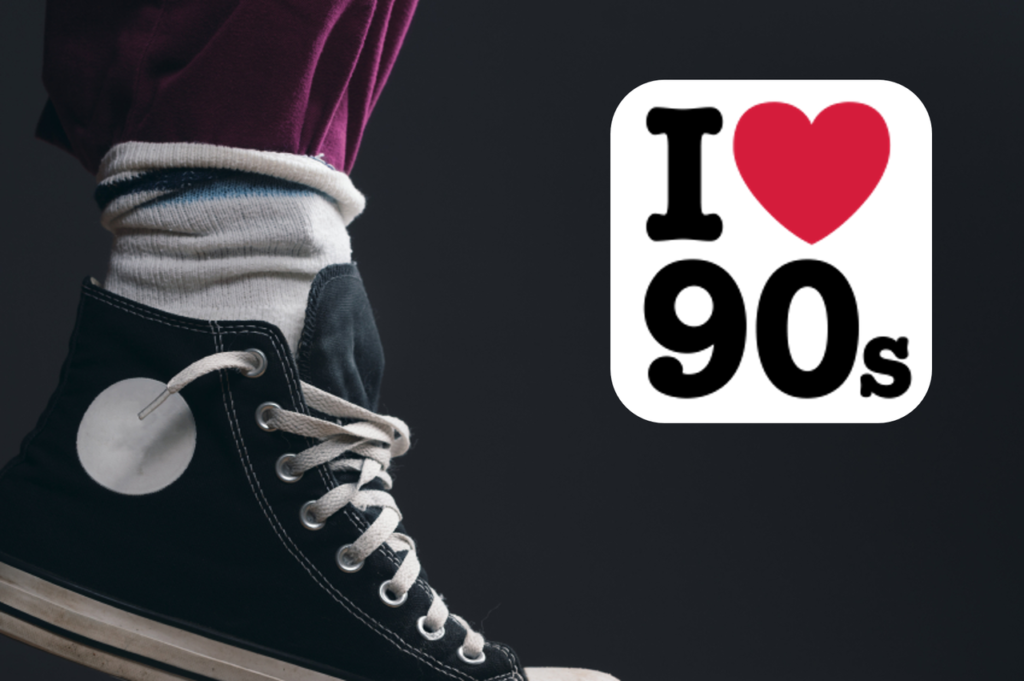Should the #MoreThanMean Video Influence How We Conduct Harassment Training?
As a lifelong Training & Development professional, and the owner of a progressive training and eLearning company, I’d love to think that all training is meaningful. Unfortunately, this altruistic vision is unrealistic. Over the years I’ve learned a few things in terms of our role when it comes to working with clients: -I owe it…











